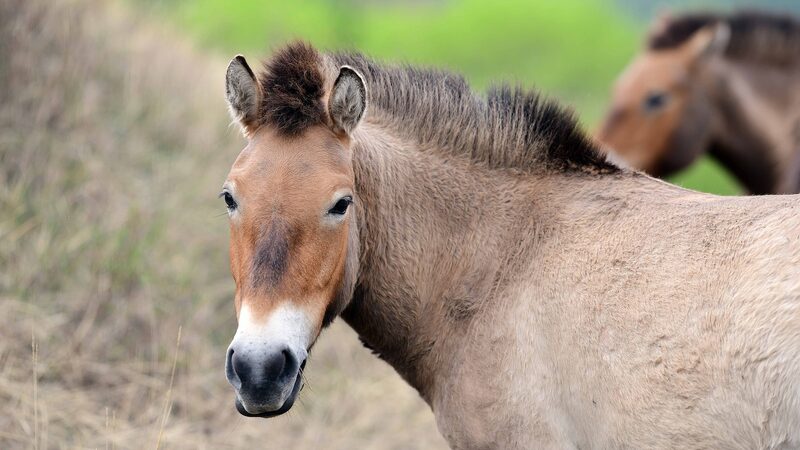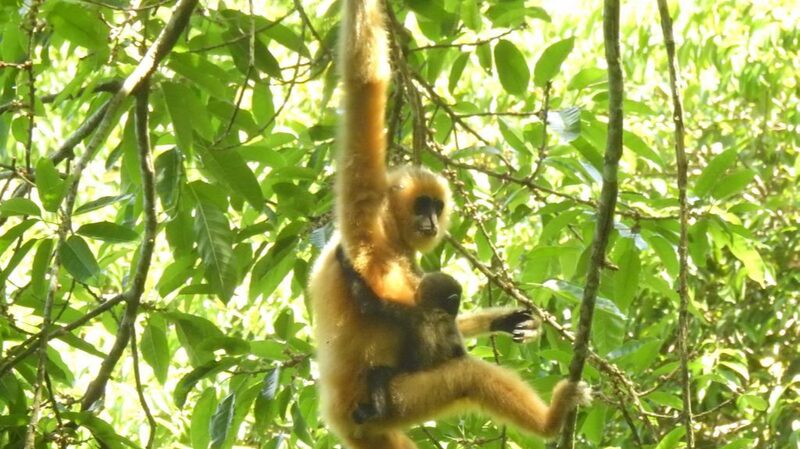In a landmark shift, prosecutors in Nanyang, Henan Province, dropped charges linked to macaque trade in March 2023, citing updated legal guidelines 🌐. The move follows China’s revised wildlife protection laws, sparking debate on conservation versus sustainable development.
What’s Changing?
The amended law introduces graded management for captive-bred wildlife, prioritizing 'national key protected species' while creating new rules for 'three-haves' animals — those with ecological, scientific, or social value 🐒. Breeders now only need to file records with local authorities instead of obtaining licenses, easing restrictions for some species.
Conservation vs. Practicality
While NGOs warn this could enable illegal hunting via 'captive breeding' loopholes 🚨, experts like Guizhou’s Ran Jingcheng argue regulated breeding aids endangered species recovery and rural economies. Beijing Forestry University’s Yang Zhaoxia emphasizes protecting all wildlife, not just listed species.
A Legal Evolution
First enacted in 1988, China’s wildlife law has been updated three times. NPC’s Yue Zhongming notes its role in habitat protection and biodiversity 🌱. However, East China University’s Prof. Jin Keke cautions: 'The safest public health approach is a total ban on wildlife trade.'
As China navigates this balancing act, one thing’s clear: the wild world’s future hinges on smart policy and science-led solutions 🔬🌍.
Reference(s):
cgtn.com



